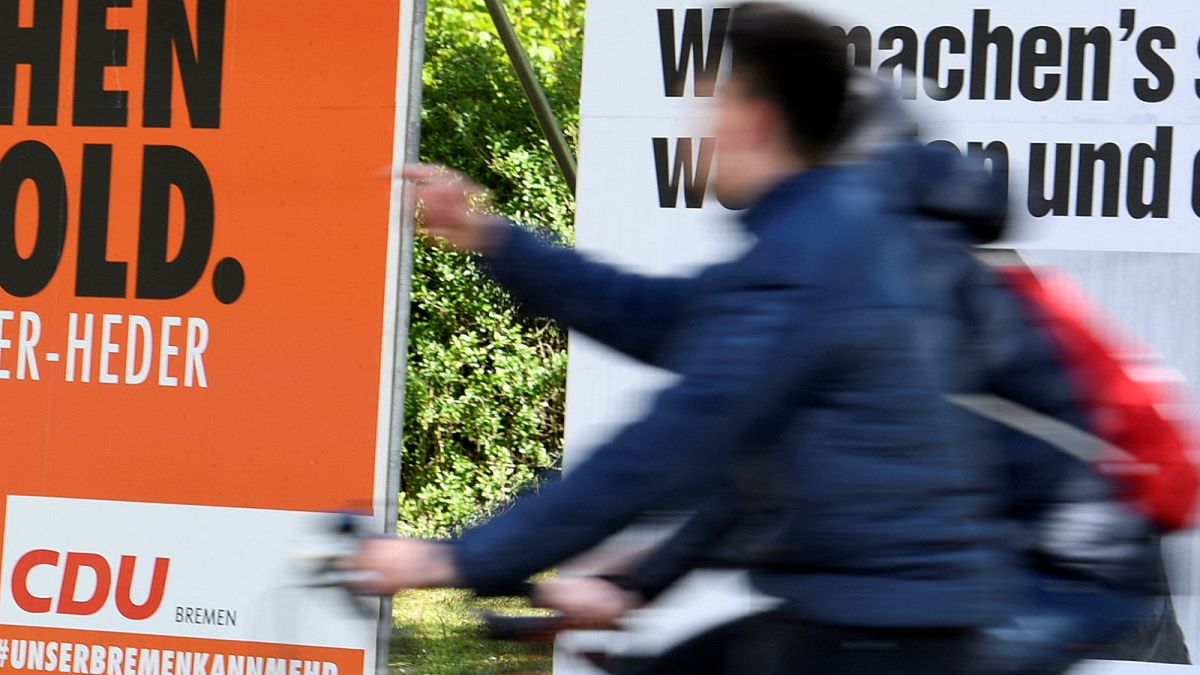The real solution is to fight populism with populism: to neuter the nativist populism of the AfD, Brexit and Le Pen with an inclusive, multicultural and inclusive populism. This requires not only a new generation of politicians, but perhaps a new style of political party.
Populism is destroying Europe, and in doing so it has become a dirty word. This has informed the response: from Britain to Sweden, elites have tried to solve the populism problem by entrenching the positions of mainstream political parties.
This appears to be failing, as the rise of populism continues. The real solution is to fight populism with populism: to neuter the nativist populism of the AfD, Brexit and Le Pen with an inclusive, multicultural and inclusive populism. This requires not only a new generation of politicians, but perhaps a new style of political party.
Populism has become a buzzword, perhaps to the point of being devoid of meaning. But a party being devoted to the “populus” should not be an exception; it should be the rule. The first political party to use the name was the US Populist Party, founded in 1892 to promote interests of farmers and workers - something all parties would claim to support.
In this linguistic sense, all parties should be populist: there is nothing inherent to populism meaning it is necessarily far right, racist or nativist.
The fact that populism has become an insult in Europe’s policy circles suggest that there is at least some disdain for the populus themselves. That the populists are wrong for encouraging the people to subvert the existing order.
The opposite of populism is, then, not just “the existing liberal order”. The opposite of populism is elitism. And the elites know it.
This kind of attitude is to be expected in dictatorships, or even democracies with an authoritarian tendency. It is not acceptable in developed democracies - and the old parties should know better.
As smug liberals continue in their smugness and self-satisfied outrage, the populists - and the populus that fuels them - continue to drift further from the influence and control of the elites. It is no coincidence that populist parties portray themselves as revolutionaries in the spirit of, say, Che Guevara, rather than the intellectual heirs of Hitler and Mussolini.
In a desperate attempt to regain ground from the new populist parties, the old parties have tried to portray themselves as the true revolutionaries, for example when Tony Blair declared after the Brexit upset that “we are the insurgents now”.
Blair’s reaction is significant, because it was arguably his brand of marketable centrism that sowed the seeds of today’s insurrections. From the late 90s into the new millenium, Blair in Downing Street and Clinton in the White House, soon joined by Merkel in Berlin, proved that it didn’t really matter if you were right wing or left wing, as long as you were centre-right or centre-left.
Those politicians (in particular Blair and Clinton) were not just democrats - they were technocrats. Using the tools of marketing and public relations to a greater extent than ever before, they reached unparalleled levels of popularity through focus groups, advertising, and media management.
This electoral competence allowed them to make serious mistakes in governance, and still remain in power.
But these technocrats had a shelf life: as technology evolved, the old technocrats were swept away. As scrolling news took over from rolling news, the old methods began to fail. And the populus started to feel cheated.
As the populists have risen and risen, the only alternatives provided by the liberal order are apathy (which ironically further empowers the insurgents as centrist votes disappear, giving the populists a higher share of the vote), or a further entrenchment of elite entitlement.
But there is another way. Perhaps the solution is to first accept that the old parties are gone for good (this is clearest in the UK, where both main parties are currently imploding). Although they did once represent regular people, the clearest evidence that this is no longer the case is how staunchly uniform their leadership is: beyond the occasional token minister of immigrant background, those parties are practically colonial in outlook when it comes to the minorities of their respective countries.
Perhaps the problem is not populism per se, but the type of populism: nativism. The alternative to nativist, white supremacist populism is inclusive, multicultural populism. We have already seen successes for new, diverse political parties in Holland with Denk, and in Austria with NBZ.
These parties are genuinely grassroots, and I hope that as their new politics spreads across Europe (including my party, BIG Partei), they can provide a counterbalance to the far right. A much needed counterbalance that the old parties have simply failed to deliver.
One of the challenges is funding. Although the far right across the continent have received widespread ideological and financial support from abroad, we have no choice but to launch Go Fund Me campaigns and solicit donations on street corners and community centres.
It seems that the new, multicultural populism is more dependent on the will of people than any political movement that has come before.
Haluk Yildiz is the founder of BIG Partei (Bündnis für Innovation und Gerechtigkeit), a multicultural political party, headquartered in Berlin. He is a candidate in May’s EU parliament elections.
____________
Are you a recognised expert in your field? At Euronews, we believe all views matter. Contact us at view@euronews.com to send pitches or submissions and be part of the conversation.
